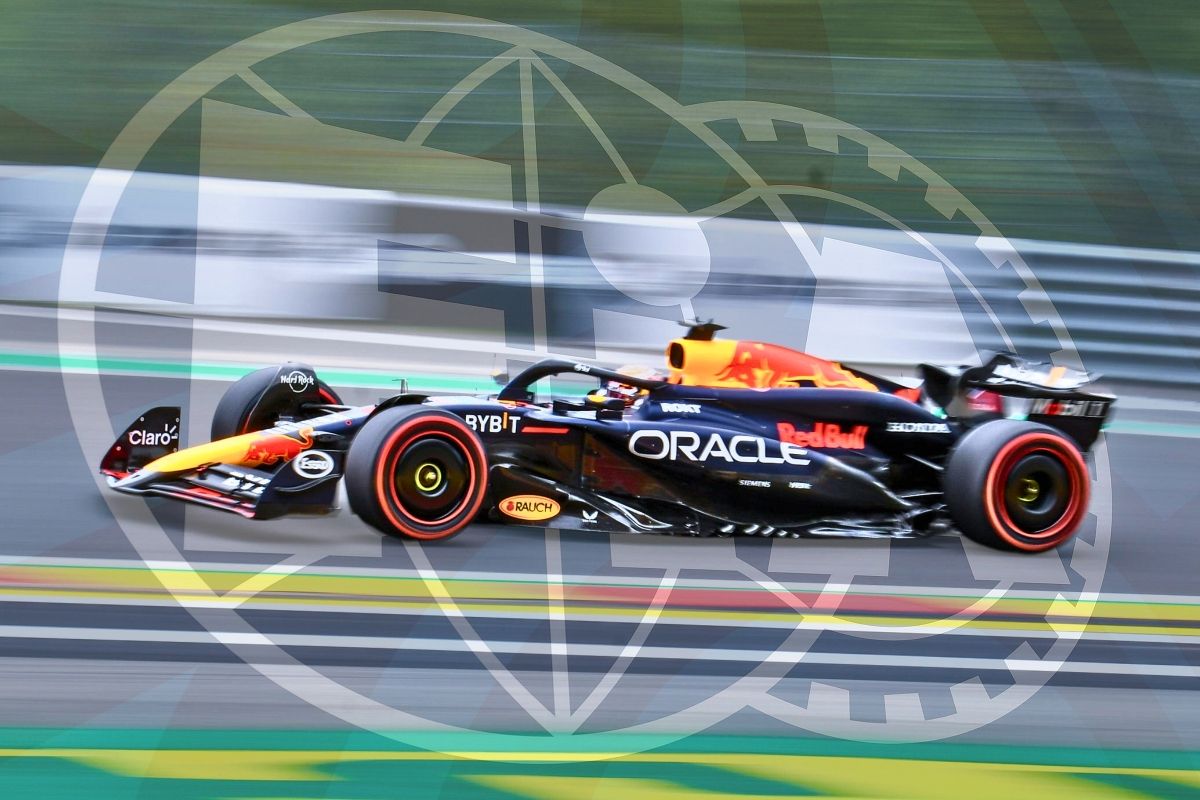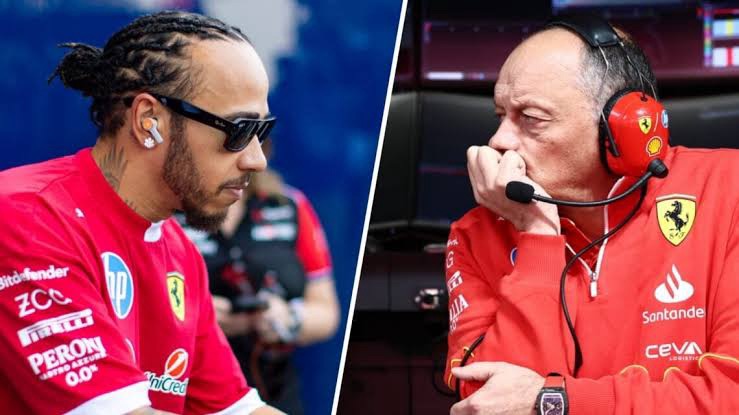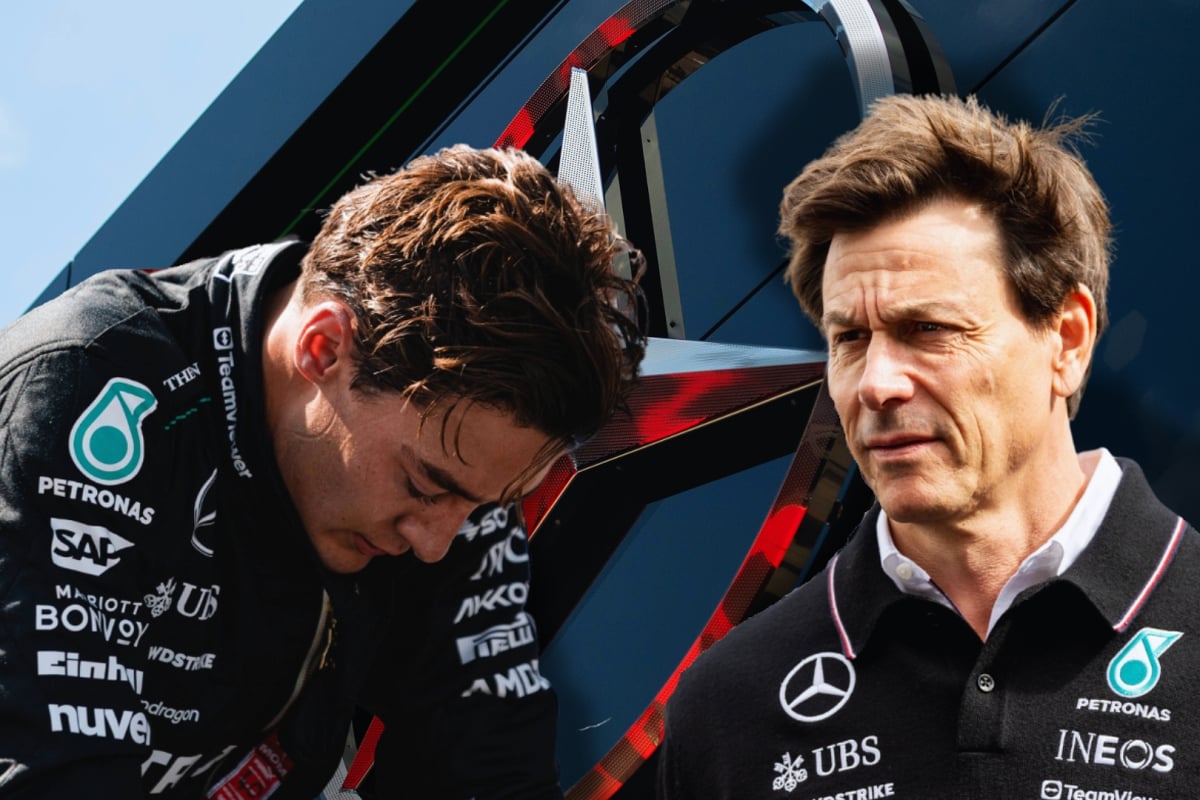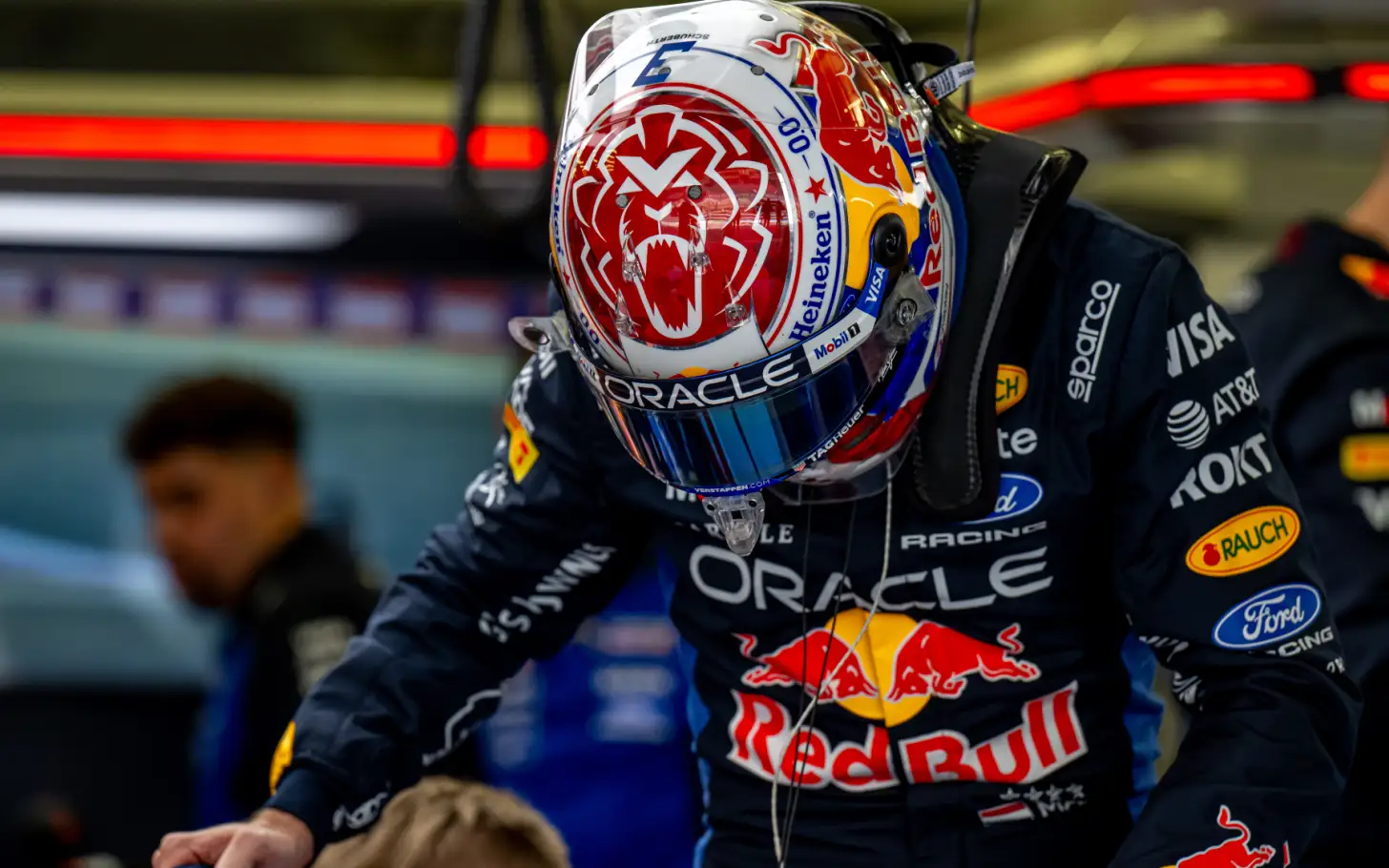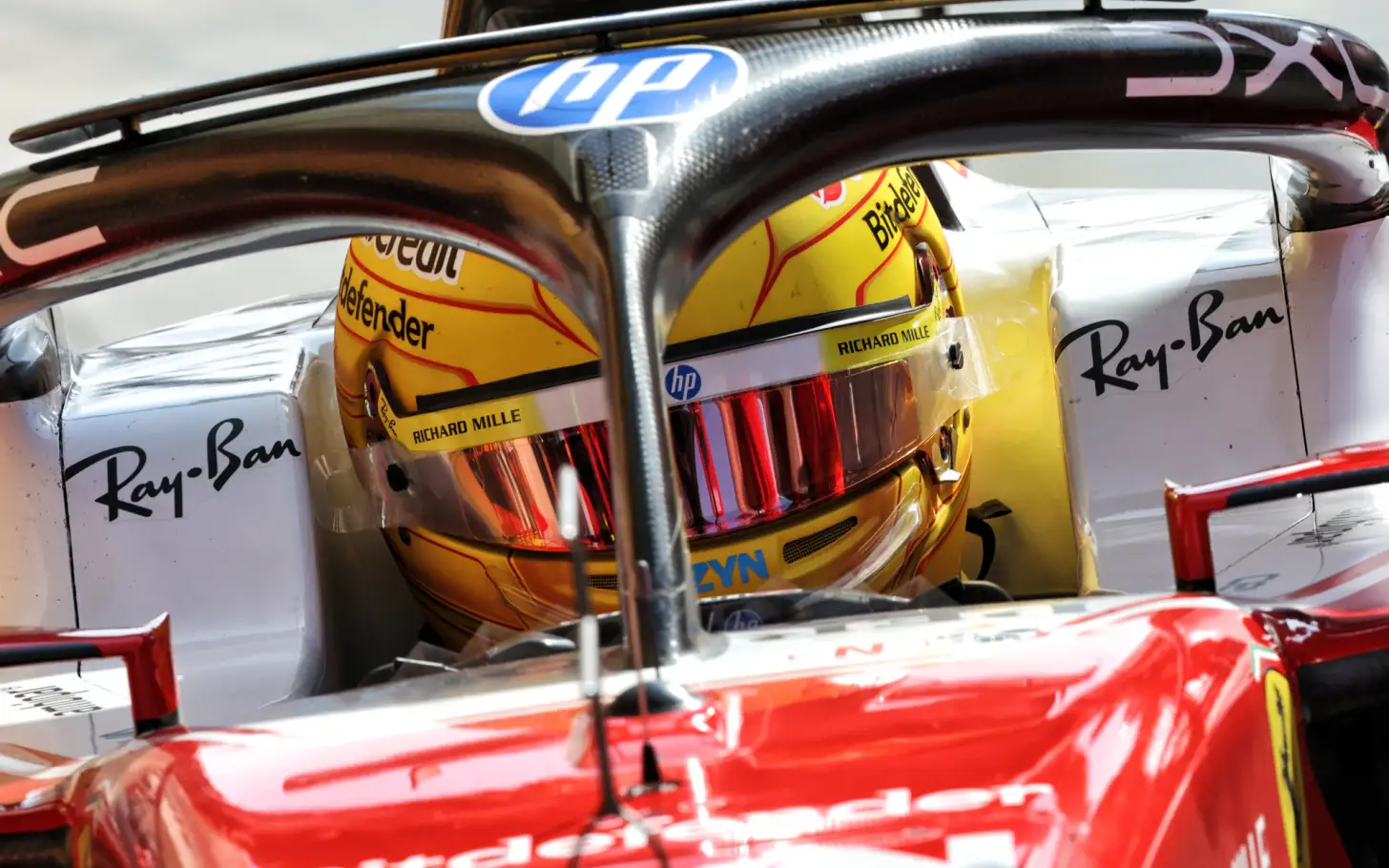Red Bull Decide Against Pursuing Protest Over Verstappen’s Saudi GP Penalty
Red Bull Racing has confirmed it will not be pursuing a protest against the five-second time penalty handed to Max Verstappen during the Saudi Arabian Grand Prix, following a dramatic opening corner incident involving McLaren’s Oscar Piastri.
The controversy erupted at the very start of the race, when Verstappen, who had a sluggish getaway from pole position, found himself under immediate pressure from Piastri. The McLaren driver capitalized on the Red Bull’s poor launch and pulled alongside Verstappen as they approached Turn 1. Holding the inside line, Piastri squeezed Verstappen wide, forcing the Dutchman off the track and onto the run-off area. Despite going off, Verstappen rejoined the circuit ahead of Piastri and retained his lead.
Red Bull and their driver were convinced that Verstappen was entitled to keep the position. The team maintained that Max had no choice but to take evasive action due to Piastri’s aggressive but fair positioning, and they believed his re-entry ahead of the McLaren was justifiable. However, the FIA stewards saw the situation differently. After reviewing video footage and telemetry data from both cars, the stewards concluded that Verstappen had not done enough to make the corner legally. The data suggested he would not have been able to stay on the track even if Piastri hadn’t been alongside him, and thus, Verstappen could not be considered to have gained the lead fairly.
As a result, Verstappen was handed a five-second time penalty during the race – a decision that significantly impacted the outcome. He crossed the finish line just 2.8 seconds behind the race winner, who then took over as the new leader of the drivers’ championship. The penalty not only cost Verstappen the victory but also dealt a blow to his early title momentum.
Initially, Red Bull’s top brass, including motorsport advisor Helmut Marko and team principal Christian Horner, suggested the team would consider lodging a request for a “right of review” – a formal process in Formula 1 that allows teams to challenge decisions if new, significant evidence emerges. However, they also acknowledged that their chances of success were slim without such evidence.
In the days following the race, internal discussions took place within the team to assess whether they had grounds to mount a credible appeal. However, it quickly became apparent that no new data, footage, or information had surfaced that would meet the FIA’s strict criteria for reopening the case. According to the sport’s governing body, a right of review can only be granted if substantial new evidence, not available at the time of the original decision, is presented. Red Bull conceded that this threshold could not be met.
Now, various reports have confirmed that Red Bull has officially decided not to move forward with a protest. The team has acknowledged that, in this case, there is little chance of overturning the stewards’ decision, especially with the evidence currently at hand. The focus has therefore shifted toward upcoming races, with Red Bull choosing to channel their energy into continuing their strong performance rather than becoming mired in a potentially fruitless legal dispute.
This decision also avoids drawing out a potentially divisive incident that could dominate headlines and create friction between teams early in the season. While the team is disappointed, Red Bull has opted for pragmatism over principle, recognizing the importance of maintaining momentum in a long championship campaign.
Although Verstappen remains firmly in the championship fight, the Saudi GP penalty serves as a stark reminder of how small moments can have significant consequences in Formula 1. With McLaren and Ferrari appearing increasingly competitive, Red Bull knows the margin for error this season is much thinner. The team will be eager to bounce back in the next round, armed with lessons learned and a renewed determination to stay ahead on both the track and the scoreboard.
Ultimately, Red Bull’s decision to let the matter rest reflects a mature understanding of the sport’s judicial limits—and a strategic choice to focus on winning races rather than contesting verdicts.
